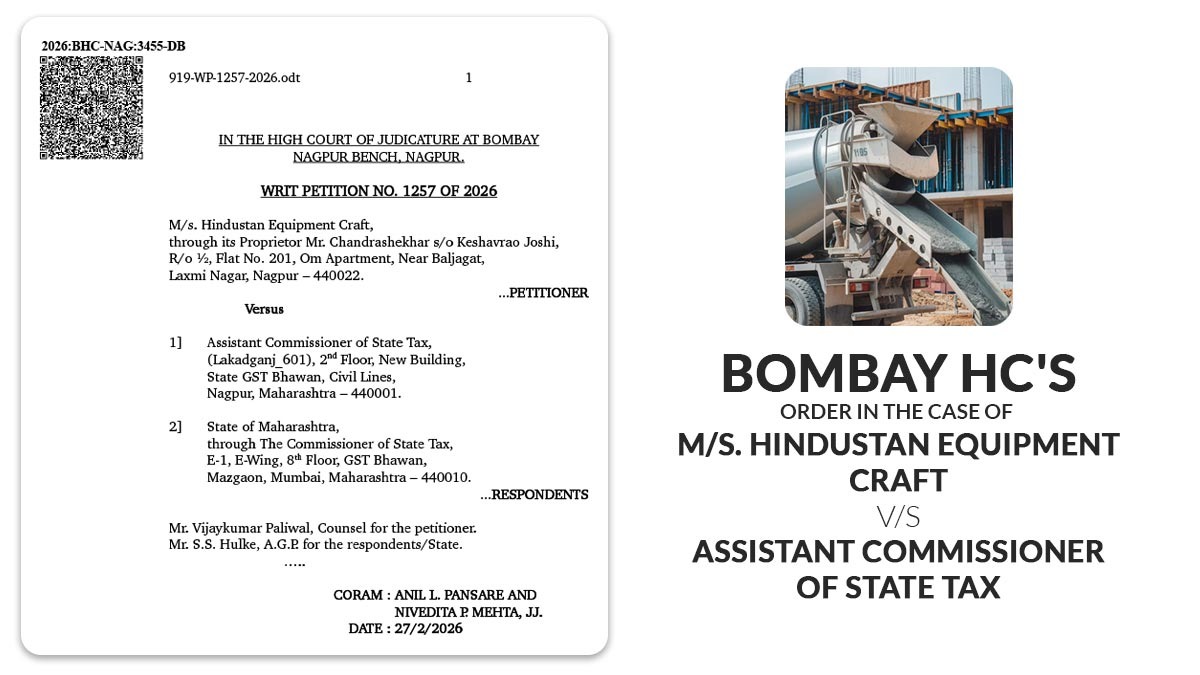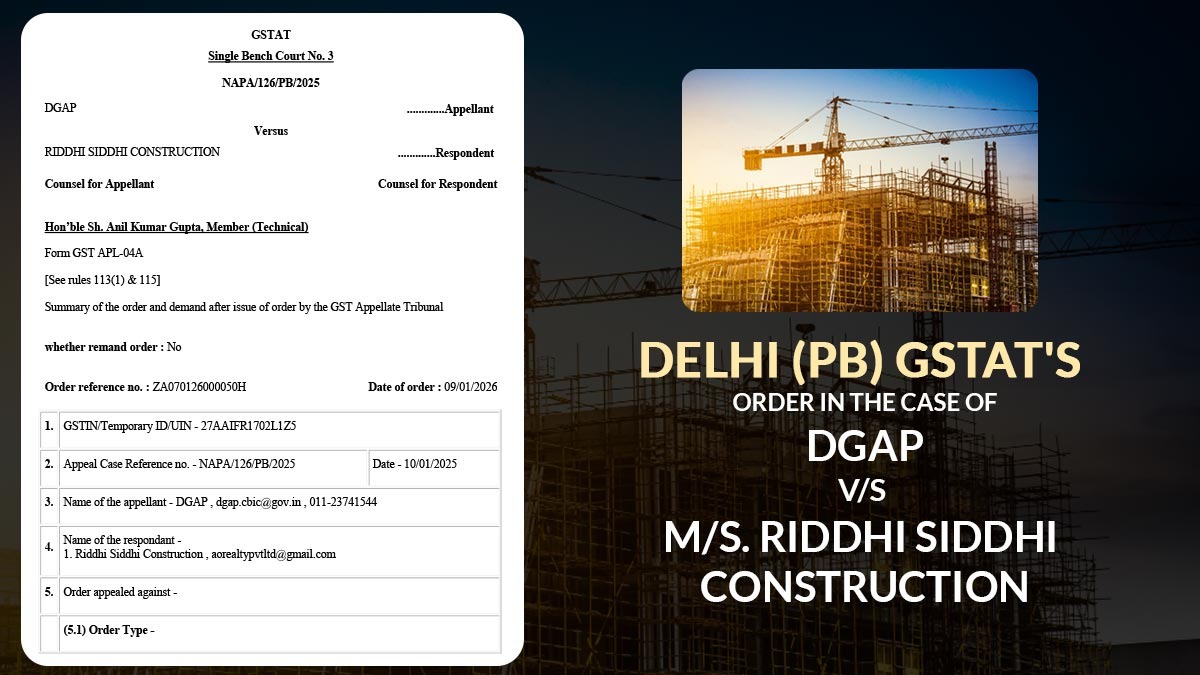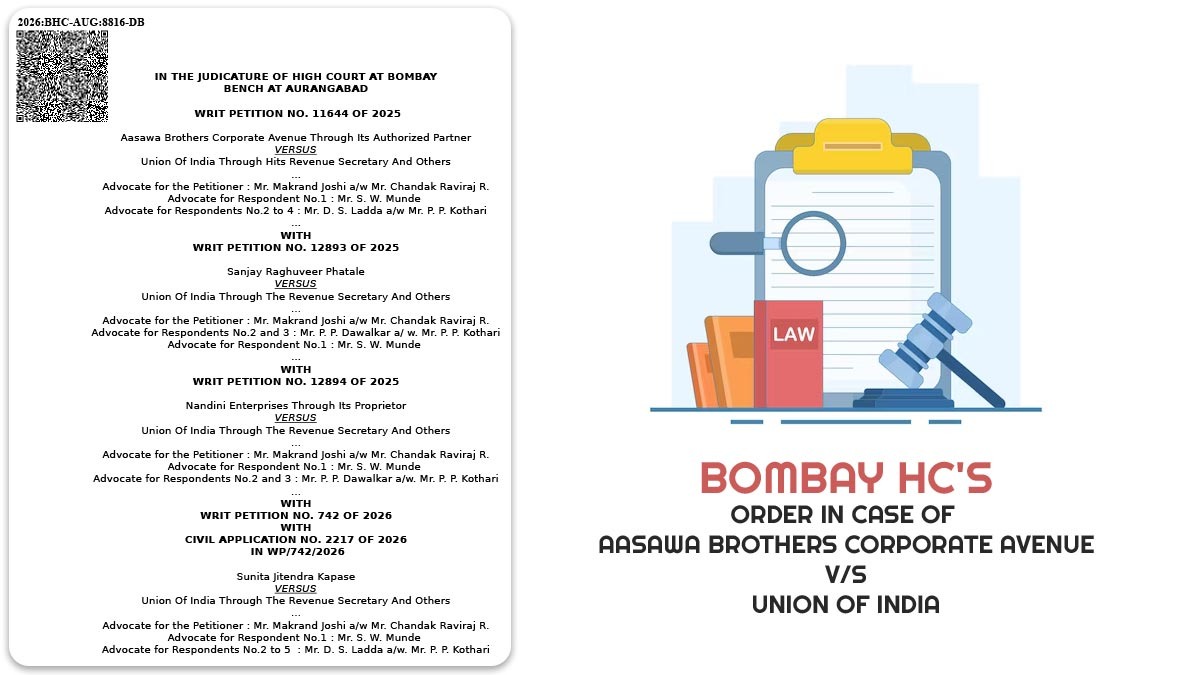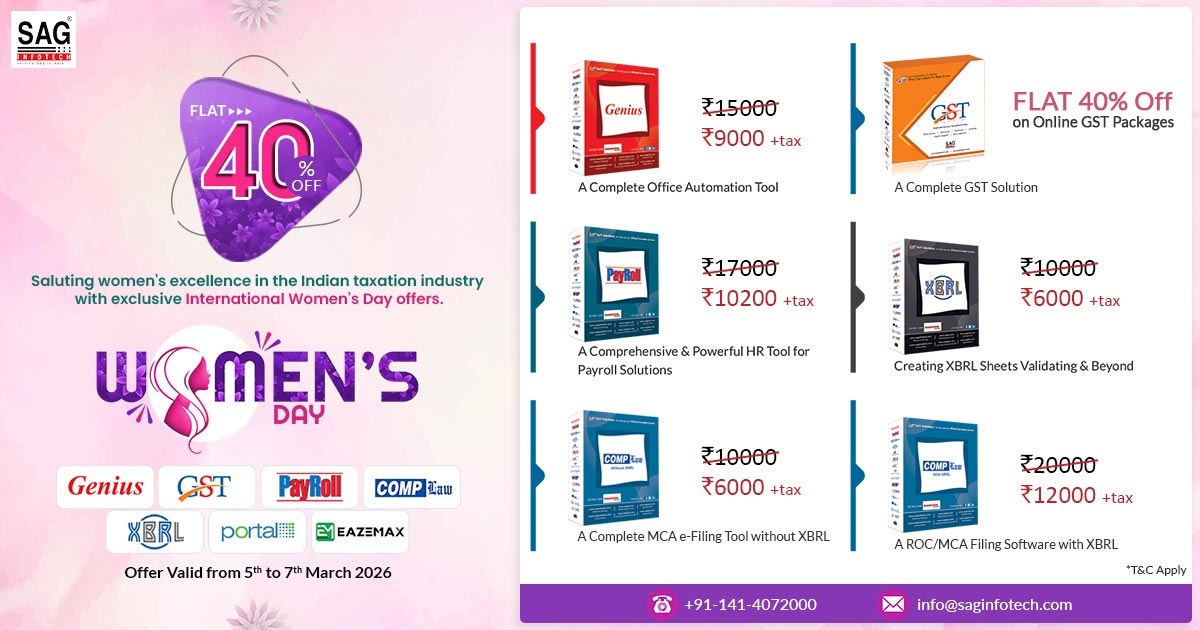
There are some special income tax benefits that have been provided to Senior Citizens in India. These special Income Tax benefits include tax exemption on certain incomes for more income for selected expenses considering its limited income-earning ability and high medical expenses.
By staying up-to-date with the knowledge of all these benefits, senior citizens will be able to plan their investments better and even save on avoiding income tax.
TDS Exemption for Senior Citizens (75+ Aged) on FD Interest
Those taxpayers whose taxable income is less than INR 5 Lakh, can submit a 15H form with banks to stop this TDS deduction on interest of FD. The latest rule is related to the exemption for senior citizens (Aged 75+) with only income from pension & FDs interest from ITRs saving seniors from the trouble of claiming tax refunds on FDs.
“According to the current norm, even a taxpayer falling in 5% tax slab has to pay a flat 10% tax on his or her interest income from FDs. Those filling Form 12BBA will not have to get into the refund hassle, said Karan Batra, founder, Charteredclub.”
Definition of Senior Citizens for Income Tax Purposes
According to the Indian Income Tax rules, a resident between 60 and 80 years of age in a particular financial year is considered a senior citizen. However, resident individuals older than the age of 80 are considered as Super Senior Citizens.
Here are some Income tax benefits that senior citizens can avail of:
Tax Exemption Limit for Senior & Super Senior Citizens
The basic exemption limit is higher for Senior citizens. A basic exemption limit is an income level for which a person is not accountable for paying taxes to the Government. For general residents the exemption limit is Rs 2.5 lakh per FY, it is fixed at Rs 3 lakh for senior citizens, and for super senior citizens, the limit is Rs 5 lakh.
Section 80 TTB Exemption on the Interest Income from Deposits
Senior citizens normally opt in for various fixed deposit interest income sources to support their day-to-day earnings. They choose FDs because they provide security and stable income which remain missing in equity-linked investments.
If we talk about tax benefits, interest amounts up to ₹ 50,000 in a financial year, earned by senior citizens on fixed deposits and fixed deposits with banks or post offices or co-operative banks, will be considered for deduction as per section 80 TTB. However the same is much lower at ₹ 10,000 for young resident taxpayers in India.
Relaxation Under Section 80D for Medical Insurance Premium
Medical insurance premiums up to ₹ 50,000 paid in a year by a senior citizen will be considered under deduction as per Section 80D of the Income Tax Act. This deduction will be also given to the younger taxpayers who are paying medical insurance premiums for their parents who come under the definition of senior citizens.
Medical Treatment Expenses Deduction Under Section 80DDB
As per Section 80DDB of the Income Tax Act, senior citizen taxpayers are allowed to claim a deduction of up to ₹ 1 lakh on the payment made by them for medical treatment of some specified diseases.
Offline Filing of Income Tax Returns
All taxpayers must file their Income Tax Return (ITR) online, However, senior citizens are permitted to file ITR 1 or ITR 4 through Offline (paper form) mode if they do not like/ prefer/ are not comfortable with the online mode.
Section 207 Exemption from Payment of Advance Tax
As per Section 208 of the Income Tax Act, any person having an estimated tax liability of ₹ 10,000 or more has to pay advance tax. However, Section 207 exempts resident senior citizens who have no income from business or profession to pay advance tax.
Additional Tax Advantages for the Senior Citizens
The below five sections describe additional tax benefits for senior citizens which are related to tax payment, interest, e-filing, exemption, etc.
Advance Tax Payment would not be Needed
All the people who have an income tax liability for the year of Rs 10,000 or exceeding than that are obligated to file the advance tax. However, senior citizens would not be needed to file the advance tax when they pose no income beneath the head profits and gains via businesses or professions (PGBP).
Upon Interest Payment via Bank/Post-Office higher TDS Limit
Section 194A of the Income Tax Act furnished a higher limit on TDS deduction via interest furnished through the bank or post office along with the cooperative banks. The limit is Rs 50,000 for senior citizens and for other individuals, the same would be Rs 40,000. TDS deduction is applicable if the payment of interest exceeds the limit.
E-filling of ITR In Paper Mode to Super Senior Citizens
Apart from the online utility, the income tax return can be furnished in paper mode by the Super senior citizens whose age is 80 or exceeding than. The same could be furnished via ITR-1 (Sahaj) and ITR 4 (Sugam) in paper mode.
ITR Return Filing Exemption Towards the Said Senior Citizens
Under Section 194P of the Act, a senior citizen, age 75 years or exceeding that in the former year would get the exemption if he furnishes the income tax return, as per the conditions that consist of submitting the mentioned form and securing only a pension along with the interest income obtained in the identical bank.
The pension income of the person along with the interest income must be obtained in the same bank and this senior citizen provides the declaration before the bank in Form No. 12BBA. When all the above conditions meet the need, the bank would be liable to deduct tax under Section 194P according to the subject slab rate.
Higher Tax Slab Exemption Limit
Rs 2,50,000 is for the ordinary individual assessee. Senior citizens obtain a higher exemption of Rs 3,00,000, the exemption of Rs 5,00,000 would be provided for the super senior citizens.
More FAQs on Tax Benefits for Senior Citizens
Q.1 –What advantages would be formed towards the senior citizen and very senior citizen in respect of tax rates?
A senior citizen and a very senior citizen are allotted with greater exemption limit with respect to the normal assessee. The exemption limit would be the quantum of the income up to which an individual would not be responsible to file the tax. The exemption limit allotted to the senior citizen and for the very senior citizen for the fiscal year 2024-25 would be mentioned below:
| Senior citizen | Very senior citizen |
|---|---|
| A senior citizen would be provided a higher exemption limit with respect to the non-senior citizens. The exemption limit for the fiscal year 2024-25 available to the resident senior citizen would be Rs 3 lakh. The exemption limit for the non-senior individual would be Rs 2.5 lakh. Hence, the same would be seen that another advantage of Rs 50,000 in the form of the higher exemption limit would be available to the resident senior citizen with respect to the normal assessee. | A very senior would be provided an exemption limit towards the fiscal year 2024-25 available to the resident very senior citizen would be Rs 5 lakh. The exemption limit for the non-senior citizen would be Rs 2.5 lakh. Hence the same would be seen that some more advantage of Rs 2 lakh for higher exemption limit available to the resident very senior citizen with respect to the normal assessee. |
Q.2 – At what age would an individual be entitled as a senior citizen and very senior citizen under the Income-tax Law?
Prior to knowing the age criteria, the essential one is to reveal that the tax advantages beneath the income tax law to the senior citizen/very senior citizen are available only to the resident senior citizen and resident very senior citizens. Non-residents would not take the benefits of this despite he might be of higher age. Below are the mentioned criteria to qualify as a senior citizen and very senior citizen under the Income-tax Law
| Criteria for senior citizen | Very senior citizen |
|---|---|
| Should have the age of 60 or exceeding that but less than 80 years at any duration in the corresponding year. | Should secure the age of 80 years or exceeds at any period during the corresponding year. |
| Should be a resident | Should be a resident |
Q.3 – Is there any new advantage beneath the income tax law for senior citizens?
Yes, the income tax law would take care of the senior citizens of the nations by providing them with various tax advantages. You would obtain the knowledge of several advantages provided via Income-tax Law to senior citizens.
Q.4 – Does the very senior citizen allot with the exemption from the e-filing of the ITR?
In Form ITR 1/4 a very senior citizen who pays his ITR could furnish it in the paper mode that is for him e-filing of the ITR 1/4 (according to the case) would not be essential. But he can choose for e-filing if he wants.
Q.5 – Does the resident senior citizen allot with the exemption from the advance tax payment?
According to section 208, every individual whose estimated tax liability for the year would be Rs 10,000 or exceeding that would file his tax in advance, in the form of advance tax. But, section 207 furnished the relief via advance tax payment to the resident senior citizen. According to section 207, a resident senior citizen (a person with an age of 60 years or more in the related fiscal year) would not pose any income via business or profession and would not be obligated to file the advance tax.
Q.6 – What would be the advantages towards the interest on the deposits for the case of the senior citizens?
Section 80TTB of the Income Tax law would provide the provision concerning the tax advantages available on the grounds of the interest income made via deposits with the banks or the post office or co-operative banks of an amount up to Rs. 50,000 made via the senior citizen (a person whose age is 60 years or more). Interest made on the savings deposits and fixed deposits, both would be qualified for the deduction beneath the same provision.
Section 194A of the income tax law provides the respective provision that no tax would be deducted at source via payment of the interest via bank or post office or the co-operative bank to a senior citizen up to Rs. 50,000. Hence in an individual way the limit would be calculated for every bank.
Q.7 – What would be the advantage available towards the expenditure made on the basis of the medical treatment of the mentioned diseases in the treatment of the senior citizen?
Section 80DDB of the income tax law provides several provisions concerning the tax advantages available on the basis of the expenditure on the medical treatment of the mentioned diseases. Tap on the following link to find out the information of the section 80DDB that does cover the information on the advantages under the same section for the senior individuals. See page 8 topic “Deduction in respect of expenditure on medical treatment of specified diseases [ section 80DDB]
Q.8 – What advantages would be there for the expenditure made for the medical insurance premium/ medical expenditure to a senior citizen and on the basis of?
Section 80D of the income tax law provides several provisions concerning the tax advantages available on the basis of the medical insurance premium payment along with the additional things. By tapping on the link you will learn the information of section 80D that covers the information of the advantages beneath section 80D available to a senior citizen. See page 5 topic “Deduction in respect of medical insurance premium [ Section 80D]”.
Q.9 – From ITR filing does any senior citizen gets an exemption?
The income tax act 1941 used to furnish no exemption to the senior citizen or very senior citizen from ITR filing. But to furnish relief to the senior citizens whose age is of 75 years or exceeds and to diminish the compliance load on them, the finance act 2021 would insert a new section 194P
The same provision needs a banking company to deduct the tax beneath the same provision if the deductee would carry on an account where he is in that obtains his pension income. The tax is needed to be deducted beneath the same new provision if the recipient would be the resident person whose age is 75 years or exceeds at the time during the year and the specified conditions would get fulfilled:
- The deductee’s gross income poses only the income in the king of pension and the interest obtained or receivable via any account maintained with the deductor like bank and
- The deductee would file a declaration to the deductor that consists of the specified particulars.
If the specified conditions would be attained, the deductor will calculate the income of the deductee post to providing the effect to the deduction permit beneath Chapter VI-A and rebate under section 87A. The tax on the specified income is needed to be deducted on the grounds of the rates that are being effected.
If the tax would get deducted via the income of these senior citizens then he will not be responsible to file the income return of the former year where the tax would be deducted.
Disclaimer:- "All the information given is from credible and authentic resources and has been published after moderation. Any change in detail or information other than fact must be considered a human error. The blog we write is to provide updated information. You can raise any query on matters related to blog content. Also, note that we don’t provide any type of consultancy so we are sorry for being unable to reply to consultancy queries. Also, we do mention that our replies are solely on a practical basis and we advise you to cross verify with professional authorities for a fact check."









